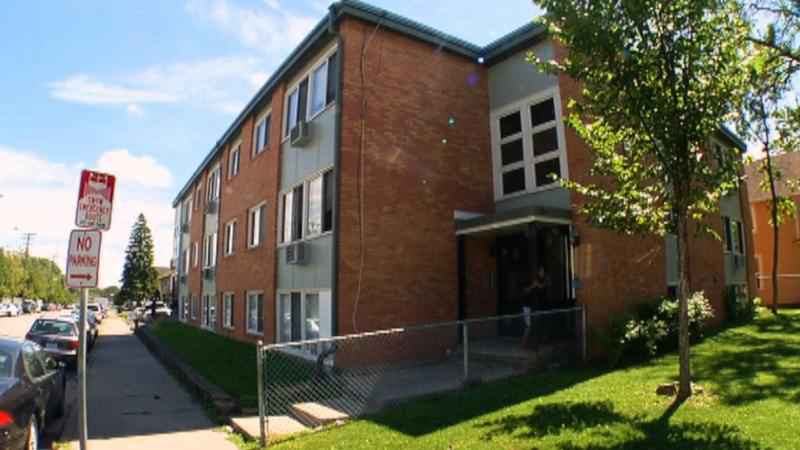Rent control on ballots in Minneapolis, St. Paul
[anvplayer video=”5066471″ station=”998122″]
Some call it "rent control" while others call it "rent stabilization." Whatever you call it, it’s controversial.
"People experience rent increases that are hundreds of dollars at a time that cause displacement at best and homelessness at worst," said Tram Hoang of Keep St. Paul Home, an organization pushing for rent controls to protect low-income families and seniors on fixed incomes.
"Our concern is that by passing this measure, there will be even less (affordable housing) units being built in the future, and that can have a crippling or stifling effect on real estate development and multi-family housing in specific, but all housing in the region," said Adam Duininck of the Sensible Housing Ballot Committee, which is also known as "Vote No Rent Control."
Duininck’s group opposes the rent control measures in both cities but the two proposals are considerably different.
The St. Paul ballot question proposes a very specific ordinance:
Should the City adopt the proposed Ordinance limiting rent increases? The Ordinance limits residential rent increases to no more than 3% in a 12-month period, regardless of whether there is a change of occupancy. The Ordinance also directs the City to create a process for landlords to request an exception to the 3% limit based on the right to a reasonable return on investment. A "yes" vote is a vote in favor of limiting rent increases. A "no" vote is a vote against limiting rent increases.
Hoang acknowledges most landlords already stay within the 3% annual increase. The proposed ordinance is aimed at those who don’t.

[KSTP]
"It’s really meant to target the landlords who tend to be more corporate landlords, real estate equity firms that are entering our housing market," she told 5 EYEWITNESS NEWS.
The Minneapolis ballot question doesn’t offer a specific proposal. Instead, it authorizes the city council to create a rent control ordinance itself or put a specific proposal before voters:
"Shall the Minneapolis City Charter be amended to authorize the City Council to regulate rents on private residential property in the City of Minneapolis, with the general nature of the amendments being indicated in the explanatory note below, which is made a part of this ballot? Explanatory Note: This amendment would: 1. Authorize the City Council to regulate rents on private residential property in the City of Minneapolis by ordinance. 2. Provide that an ordinance regulating rents on private residential property could be enacted in two different and independent ways: a. The City Council may enact the ordinance. b. The City Council may refer the ordinance as a ballot question to be decided by the voters for approval at an election. If more than half of the votes cast on the ballot question are in favor of its adoption, the ordinance would take effect 30 days after the election, or at such other time as provided in the ordinance."
"Our coalition shares many of the same goals that some of these advocacy groups support," Duininck told 5 EYEWITNESS NEWS. "We want to see affordable housing being built. We want to see low-cost rents for working families and we just think there’s a better way to get there and that’s to say no to rent control."
So far, the Sensible Housing Ballot Committee has raised more than $7 million to oppose the ballot questions. The groups advocating to pass the rent control issues have raised just over $500,000.